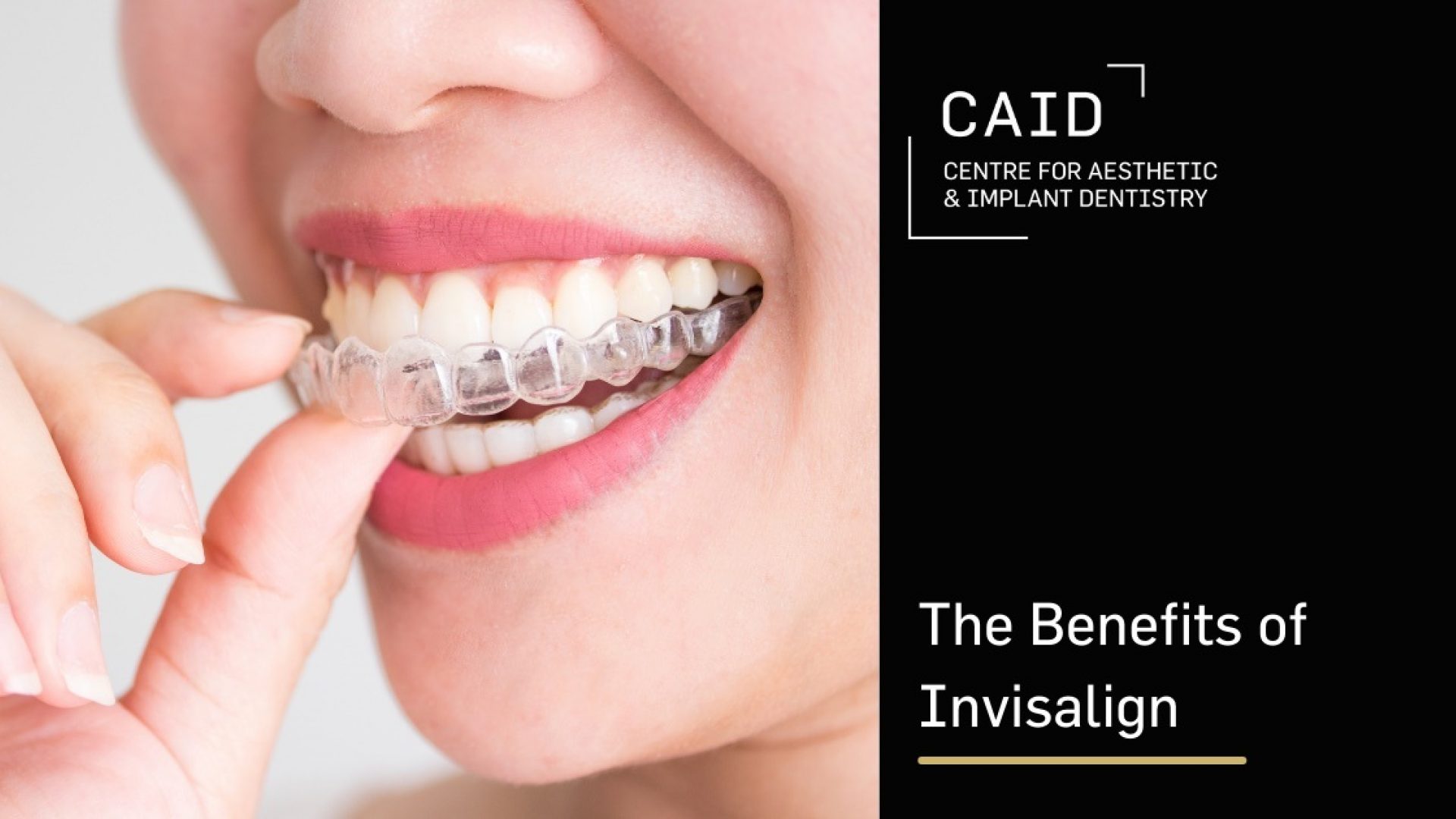At Home Remedies
Desensitising toothpaste works by blocking the pain or discomfort you experience with sensitive teeth.
Active agents tend to include potassium nitrate (which blocks the "pain" transmission to your brain),
sodium fluoride (which helps to strengthen the tooth enamel and provide a protective layer on the tooth),
and strontium chloride (which blocks openings in tubules found in the dentin so temperature stimuli can't
reach the nerves).It usually takes a few uses before you feel the effects of desensitising toothpastes, and
there are a few varieties.
A simple salt water rinse can provide relief because of its disinfectant and anti-inflammatory properties.
It can also help dislodge hard-to-reach particles between the teeth. Add 1/2 teaspoon of salt to a cup of
warm water and dissolve. Then swish it around your mouth, gargle, and spit it out. Alternatively, you can
use honey (a spoonful in warm water) or 3% hydrogen peroxide (with an equal part water) instead of salt.

What Your Dentist May Recommend
While home remedies are meant to temporarily relieve pain and discomfort, your dentist will recommend procedures intended to fix the underlying problem. These include:
- Application of fluoride. Since fluoride strengthens tooth enamel, your dentist may want to apply it to the sensitive areas, and they may even prescribe fluoride in dental trays to apply at home.
- Bonding/desensitising. If you have an exposed area on the tooth, your dentist may apply a special bonding resin.
- Surgical gum graft. If you are missing some gum tissue, your dentist may take a small amount from somewhere else in your mouth and graft it to the exposed root in order to protect it.
- Root canal. Your dentist may recommend this option if you experience a lot of pain from your sensitive tooth and other treatments don't seem to work. Root canals are more intrusive, but they are the most successful when it comes to eliminating tooth sensitivity since you are removing the part of your tooth containing the nerves.
Why You Should ask your Dentist about Tooth Sensitivity
Tooth sensitivity is usually a sign that something may be wrong with your teeth or gums. So, if it doesn't
go away in a day or two, you should contact us at (03) 8845 5400 and book your appointment. The earlier we can treat
the real problem, the sooner you can say goodbye to tooth sensitivity.





